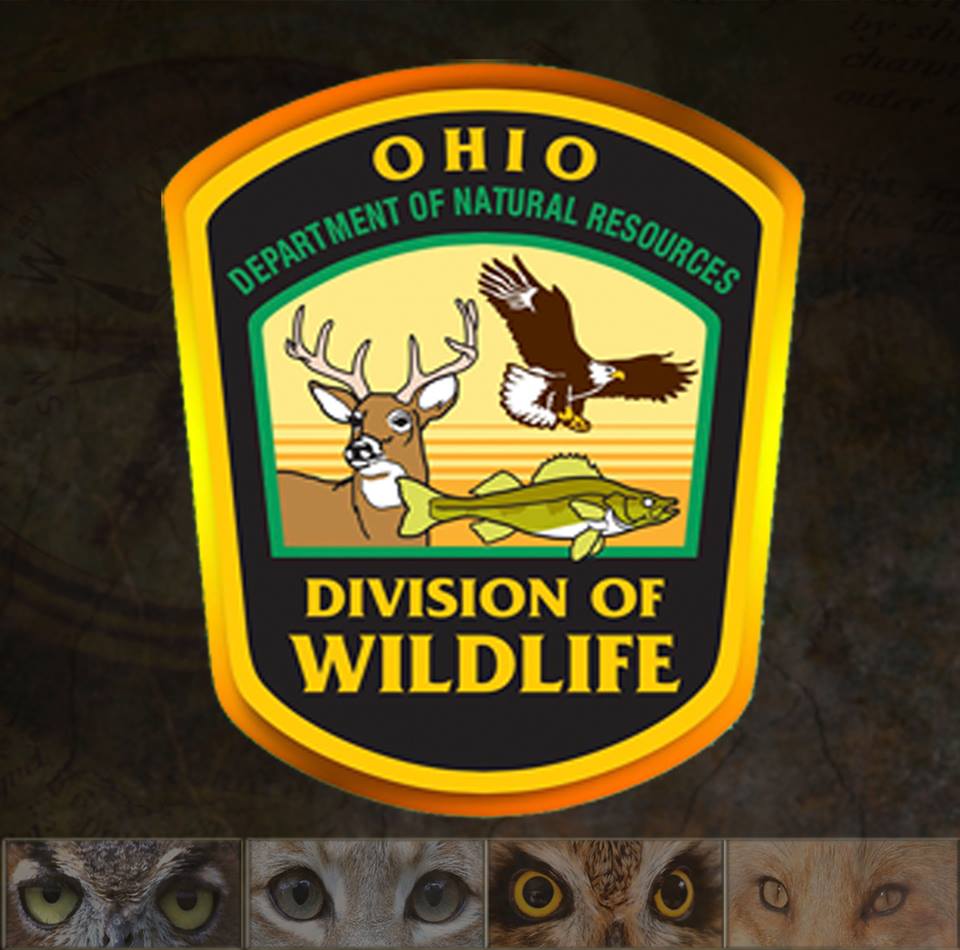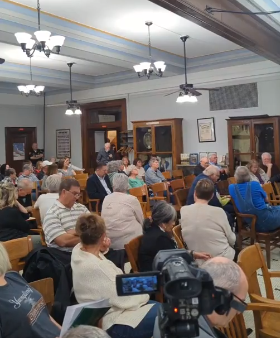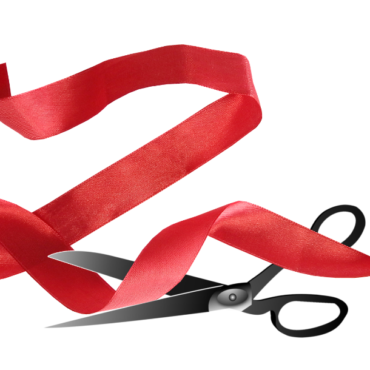Download Our Mobile App And Take WKTN With You . > > > > > > > > > > IT'S FREE!!
Increased Chronic Wasting Disease Testing in Three Northwest Ohio Counties


FINDLAY, Ohio – The Ohio Department of Natural Resources (ODNR) is asking white-tailed deer hunters in portions of Wyandot, Marion, and Hardin counties to submit samples of harvested deer for Chronic Wasting Disease (CWD) testing.
Testing is voluntary but highly encouraged.
CWD is a fatal neurological disease that affects deer populations. A CWD-positive wild Ohio white-tailed deer was recently identified in Wyandot County. The Division of Wildlife will implement its CWD response plan, which includes enhanced surveillance in 15 townships in the surrounding area, to monitor for the disease.
Additional testing will be available for those who take a deer during the weekend gun season, Dec. 19-20, the muzzleloader season, Jan. 2-5, 2021, and all remaining controlled hunts on Killdeer Plains Wildlife Area. Hunters in the following townships are asked to submit deer for CWD testing free of charge.
Wyandot County:
.Antrim, Crane, Eden, Jackson, Mifflin, Marseilles, Pitt, Richland, and Salem townships
Hardin County:
.Goshen Township
Marion County:
.Big Island, Grand, Grand Prairie, Montgomery, and Salt Rock townships
Harvested deer can be taken to the Killdeer Plains Wildlife Area Headquarters, located at 19100 County Highway 115, Harpster 43323. Wildlife professionals will be on-site to sample deer from 9 a.m. until 7 p.m. Questions can be directed to 1-800-WILDLIFE (945-3543).
Hunters are asked to provide their confirmation number from the game check process as well as the location where the deer was taken (the address of the property or nearest road intersection are acceptable). The process should take no more than 10 minutes. Hunters are strongly encouraged to complete the game check process prior to arriving.
Each sample will be provided a unique specimen number which can be used to check results in approximately eight weeks. Results can be found under the District Two Enhanced Surveillance Results tab on the Chronic Wasting Disease page at wildohio.gov
Hunters who plan to take their harvested deer to a taxidermist do not need to submit a sample at Killdeer Plains Wildlife Area. However, please call 1-800-WILDLIFE (945-3543) with the harvest location and taxidermist name, and a sample will be collected from the taxidermist for testing.
According to the Centers for Disease Control and Prevention (CDC), there is no strong evidence that CWD is transmissible to humans. However, hunters are encouraged to wear rubber gloves when field dressing deer and avoid consuming high-risk tissues such as the brain, spinal cord, eyes, spleen, tonsils, and lymph nodes.
Hunters should dispose of carcasses by double-bagging any high-risk tissues and including them in household trash to be delivered to a landfill. Those who hunt out-of-state can help prevent the spread of CWD by following carcass regulations and not bringing high-risk tissues across state lines.
The Division of Wildlife has conducted routine surveillance for CWD since 2002, testing more than 25,000 deer without finding a CWD positive deer in the wild herd. CWD has previously been detected at captive deer breeding facilities in Ohio. Find more information about Ohio’s CWD surveillance at wildohio.gov.
CWD has been detected in 26 states and four Canadian provinces. The disease was first discovered in the 1960s in the western U.S. More information about this disease is available at cwd-info.org
Written by: WKTN Staff
Similar posts
Copyright WKTN-Home Town Media | Public File | FCC Applications | ADMIN | 112 N. Detroit Street, Kenton, OH 43326 | 419-675-2355


